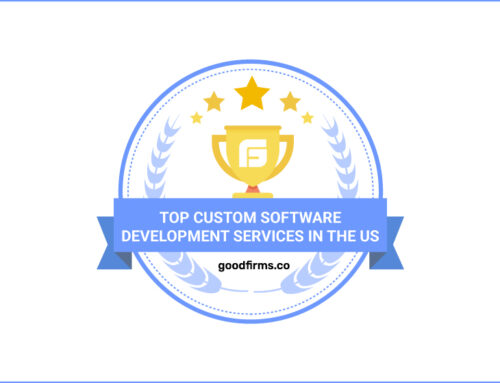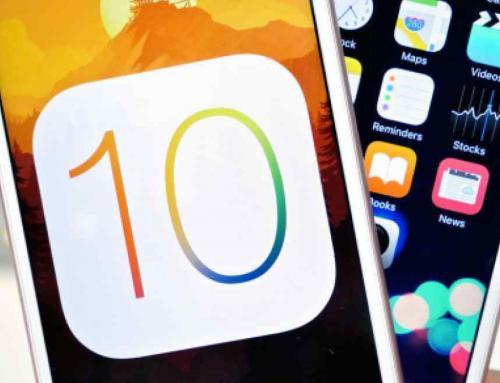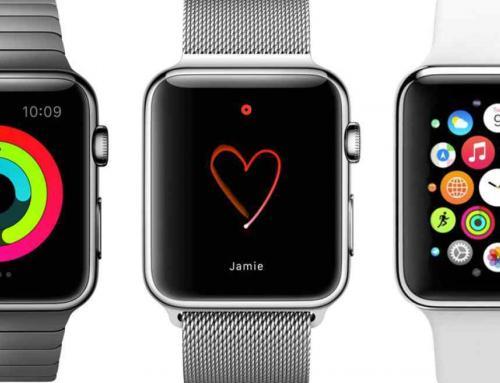Outright Development wishes everyone a Happy New Year! Our custom mobile app group has a number of interesting projects underway, and 2017 promises to be an exciting year in terms of new trends in mobile app development. We thought we’d share some of our predictions for trends in business-related app development in 2017 with you:
Virtual Reality (VR) apps will enable businesses to engage with prospects and customers
2016 proved that VR apps can be an effective tool for user engagement. Look for an expansion of VR apps in 2017 with an eye toward business as a way for marketers to engage interactively with customers and prospects for both B2C and B2B selling. VR apps will be created for product demos, training, sales presentations, and more.
Social Collaboration features will boost enterprise collaboration
More and more, the mobile app features and functionality that have helped consumers collaborate are finding their way into enterprise business apps. Look for this trend to continue in 2017 as businesses will build and use apps which will foster better collaboration within their organizations. Mobile apps in this space will continue to mature this next year making it easier for employees to share ideas and content more efficiently with one another via mobile devices.
Hybrid Apps
“Hybrid Apps” (apps that are part ‘native’ and part web-based) will grow in 2017. There is an increasing trend for businesses to build apps where they can share infrastructure, content, and data regardless of the mobile operating system. For example, a business may develop their app to work natively on both iOS and Android, but the apps would share some common web-based components which would be built using HTML5. This trend will continue to help businesses reduce the development cost and ongoing support cost of their custom mobile apps. It also enables data and content rich apps to easily be updated and maintained without the need to push out new app versions.
Location Based Services
More and more apps will take advantage of location based services (LBS) such as iBeacon technology. iBeacon uses the Bluetooth Low Energy standard and allows mobile apps know the user’s position on a small, local scale and then send contextual content to the end user based on their location. Businesses will use this technology to push location based promotional offerings to users (a promotion on a TV when the user is in the TV section of a store, for example), or for workforce automation apps where workers can ‘check-in’ automatically to certain locations.
Speech Recognition and Artificial Intelligence
Now that Apple and Google are exposing more of their speech recognition capabilities via their respective developer APIs, businesses will take advantage of these features to create apps which will make it easier for users to find information quickly using voice commands. Savvy data-driven organizations will combine speech recognition with big data-related back end services to create artificial intelligence apps which will respond to users voice commands by serving up product and other business-related data on demand.






